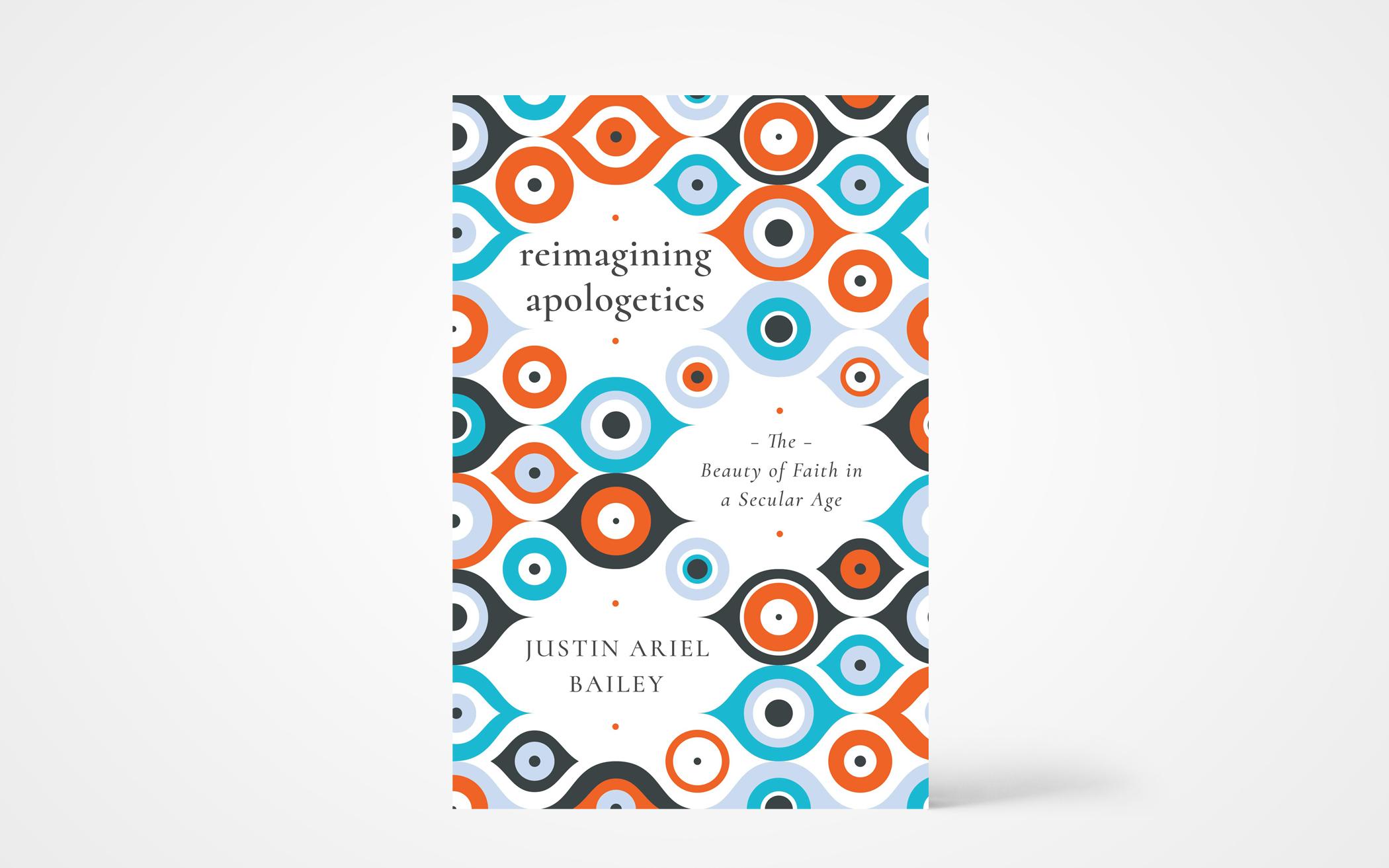Many readers will enjoy Justin Bailey’s new book on sharing our faith today. He begins with an analysis of Charles Taylor’s groundbreaking work in understanding the rise of our contemporary Western culture and the secular worldview. In the second part, he guides us through the imaginative landscapes of Marilynne Robinson’s and George MacDonald’s fiction as examples of faith engaging culture through the imagination.
But there will be those who will feel that Bailey does not take his analysis far enough. This might be due to the fundamental ways some of the theological and philosophical issues related to evangelism today are framed.
Bailey operates out of a “God-shaped-hole” redemptive scheme in which sinful human beings have an enduringly deep desire or existential lack that nothing can satisfy or fill except Jesus. This schematic is probably quite familiar to many Christians. But many of our most basic desires are not spiritual or religious. They are constructed by powerfully persuasive corporations. Apple knows how to create desire for each and every new iPhone. It would be unfortunate for these immanent market desires to be mistaken for echoes of transcendence.
In our technological world, evangelism can falsely be assumed to be a tool, mechanism, or strategy for accomplishing our goals. If we need increased attendance or budget revenue or ministry volunteers, it is too easy for evangelism to be co-opted as an efficient and effective means to achieving those ends, all while cloaked in pious apologetic language.
There is also a conceptual dualism at play in thinking about evangelism as taking place between an “insider” and an “outsider” (Bailey’s consistent terms) in which the “sinner” has the question and the “Christian” has the answer. This all assumes that the Christian or the church has the “truth” and the world has the “falsehood.” One need only reflect on how, in recent decades, developments in “the world” were necessary and helpful for “the church” in discerning its errors (like institutionalized abuse of power or sectarian human rights).
This conception of two easily identifiable crowds (“us and them” or “believers and unbelievers” or “saved and sinner”) blinds us to the critically important task of discernment in all of life. The line dividing light from darkness—or truth from error—cuts through the entire world in a disorientingly complex, subtle, and nuanced way. We learn from Jesus himself that sometimes the greatest faith is actually found far outside the “believing” community (Matt. 8:10/Luke 7:9). This was noted in our Reformed tradition over 100 years ago when Abraham Kuyper realized that the church had become the world.
I sincerely appreciate Bailey’s emphasis that we must be more attentive to aesthetics (beauty) and imagination (desires). He’s entirely correct that we need a more hospitable posture when conversing with others. But Bailey doesn’t take us far enough into the problem of the church or Christians naively but confidently assuming they’ve heard the gospel and now they’re in the role of speaker when we actually never cease being the listener. Bailey states that “we should anticipate God’s presence in surprising places,” but this idea isn’t given its truly radical force.
The second Vatican Council reminds us, “The church is the great evangelizer, but she begins by being evangelized herself … she has a constant need of being evangelized, if she wishes to retain freshness, vigor and strength” (Evangelii Nuntiandi, 15). Apologetics still needs to be reimagined until Christian imaginations are broken open to the point that we become willing to be evangelised ourselves by the Spirit of God speaking to us a truth that can only come from the other. (IVP Academic)
About the Author
Michael Wagenman is the Christian Reformed campus minister at Western University in London, Ont., where he invites undergraduate students to put their faith into loving service and mentors graduate students. His most recent book is The Power of the Church: The Sacramental Ecclesiology of Abraham Kuyper (Wipf &Stock, 2020).

